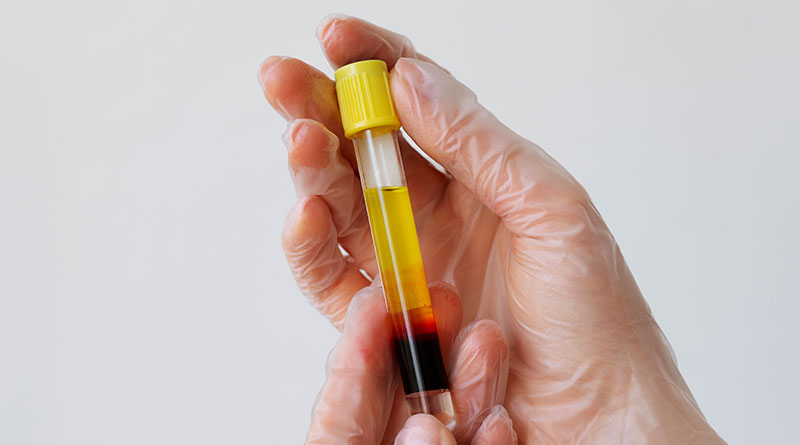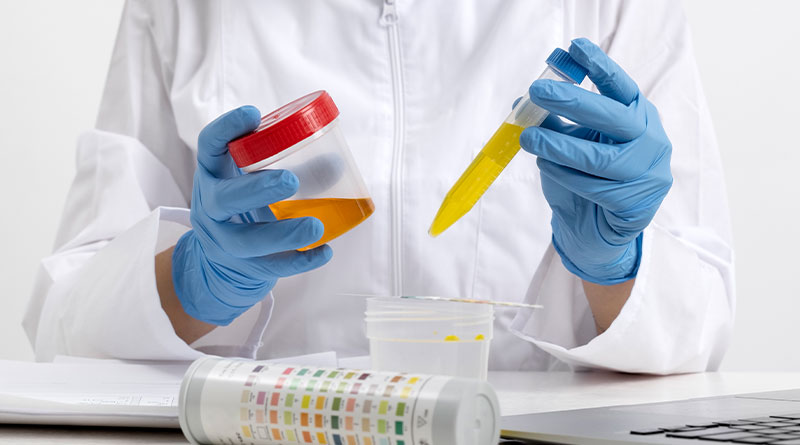Drug Dependence is a leading contributor to illness and lost productivity. Many different economic and psychological hypotheses have been put out to try and make sense of this phenomenon.
Perspectives on the aetiology of drug dependency have shifted with the introduction of research at the cellular and subcellular levels. Perhaps the most significant development is the discovery of individual receptors for these medications, the neurotransmitter systems they affect, and the physiological changes they trigger.
These receptors are also promising drug addiction treatment targets. Alcohol, opiates, cannabis, nicotine, and cocaine are some of the most commonly abused substances, and this overview seeks to illustrate the mechanisms in the development of dependence and the current treatment options for these drugs.
What Exactly Are Drugs?
Drugs are compounds that can alter the way your body and brain function. They consist of both legal and illegal pharmaceuticals, as well as prescription and over-the-counter medications.
Can You Define Drug Dependency?
Addiction occurs when a person’s physical or mental systems have become so accustomed to the presence of a drug that they suffer withdrawal symptoms if they suddenly stop using. This is referred to as withdrawal. Both physical and mental symptoms can be experienced during withdrawal due to the body’s adaptation to impaired functioning.
There is a period of readjustment once the substance has been eliminated. Unfortunately, it can be a shocking and unpleasant experience for some.
Types of Dependency
However, there are differences between the various forms of dependency. The physiological changes in the body in response to drug use are the focus of the concept of physical dependency. Individuals with psychological dependence have intense, emotionally-driven desires for the substance and likely devote excessive mental processing time to it.
What Exactly Is Drug Addiction?
Complete addiction is determined more by behavioural indicators than by physiological ones. The National Institute on Drug Abuse describes this disorder as “compulsive drug use despite harmful consequences.”
More than health issues are among these repercussions. They are a failure to meet the demands of daily life, which can have serious consequences for one’s relationships, career, and financial well-being.
An addict will prioritise drug use and acquisition over all else, regardless of its toll on their life and health.
Addiction vs Dependence
Differences
While Drug Dependence is commonly seen as a prelude to addiction, this is not always true. It’s conceivable for someone to be dependent on drugs without actually being addicted, and likewise for someone to be addicted without actually being dependent on drugs.
Addiction is a behavioural phenomenon rather than a physiological one, and physical or mental withdrawal symptoms are present during dependence but not during withdrawal from addiction.
Similarities
Whatever the case may be, long-term drug usage’s effects on the user and their loved ones are catastrophic. Medical detox and addiction therapy at a drug rehab centre might be helpful in chronic and compulsive drug usage.
The Path From Drug Usage to Dependence
The National Institute on Drug Abuse estimates that 22.7% of the population needs treatment for substance abuse. Pain or other medical conditions may necessitate the use of prescription medication. A substance use disorder may emerge from this pattern of behaviour.
Substance abuse disorders typically begin because of one of the following:
Having a history of anxiety, depression, or other mental health disorders;
Coming from a family with a history of addiction;
Being exposed to frequent and easy access to illegal drugs;
Drug users commonly experience certain stages on the path to addiction. The curve represents the typical progression from abstinence to use, dependence, disorder, and recovery.
- When you begin using drugs recreationally.
- You only do so occasionally and in the company.
- You become a habitual drug user, neglecting or even forsaking your loved ones in favour of your habit.
- Tolerance of the drug’s effects and preoccupation with obtaining them characterise the third stage of addiction.
- You can’t function normally when you’re not under the influence of drugs. You start to feel mentally and physically worse.
Relapse Warning Signs
Consequences of drug dependence include increased dosing frequency or intensity, altered response to dosing, behavioural changes, weight gain or loss, and sleep difficulties.
Withdrawal symptoms include:
- Avoiding social situations.
- Feeling anxious when supplies are low.
- Avoiding using the drug altogether.
When Did Dependence Begin?
Addiction is a multifaceted disease with no single etiological factor. Changes in brain chemistry play a crucial role in the onset and maintenance of addiction.
The brain, and in particular the brain’s reward centre, react to substances and specific behaviours.
Because of the positive emotions they elicit in you, you actively seek them out.
Opioid withdrawal symptoms are so unpleasant that they are a powerful incentive for people to continue using them.
Additional contributors to addictive behaviours are:
According to studies, 40–60% of the susceptibility to any SUD is attributed to hereditary factors.
Depression, post-traumatic stress disorder (PTSD), and bipolar disorder are just some of the mental health issues shown to have a high correlation with substance abuse.
Regarding environmental considerations, easy access to chemicals is a major concern.
Symptoms
Although not everyone experiences the same withdrawal symptoms, some of the more common ones include:
- Aching muscles
- Muscle spasms
- Anxiety or agitation
- Increased heart rate
- Difficulty concentrating
- Detachment from reality
- Nausea, vomiting, diarrhoea, depression, and insomnia.
- Hallucinations or false beliefs
Treatment
There is debate on the necessity of treatment for physical dependence. If a patient has a legitimate medical need for long-term opioid use, for instance, they are unlikely to receive treatment for opioid addiction.
Most persons physically dependent on a substance can do so with a simple, steady taper of that substance rather than a cold turkey withdrawal in an outpatient setting.
A person may need emergency care in addition to SUD therapy in the event of severe withdrawal, intoxication, or overdose.
Conclusion
The primary focus of this blog is on the legal considerations involved in prescribing drugs of dependence to a drug addict. However, it does touch on some treatment approaches and possibilities. Expert clinical guidance should be sought when treating a drug addict, including exploring all available treatment alternatives.
When treating a drug addict, it is important to set realistic goals and employ effective methods to lessen the dangers of continuing to supply the addict with narcotics. Limiting a patient’s access often entails having only one doctor prescribe and have a single pharmacy supply their addictive medicines.
When treating someone with Drug Dependence, the doctor and the chemist must work together as a team.
FAQs
Q1: When a substance has become physically necessary for survival?
Ans: Medical professionals use the term “Drug Dependence ” to characterise persistent drug or alcohol usage despite severe consequences.
Q2: In what six ways can drugs cause dependence?
Ans: Nicotine, morphine, heroin (also known as diamorphine), cocaine, amfetamine, and alcohol are only some examples of substances that can lead to dependence. Prescription drug addiction is a real problem, and it affects some people.
Q3: Which two types of drug dependence are there?
Ans: Substances like opiates, nicotine, and alcohol can all lead to physical dependence. The second type, psychological dependency, impacts a person’s mind and spirit in addition to or instead of their body.
Sahil Sachdeva is the Founder of curemedoc.com and a Digital Marketing professional with years of experience. If you need help in Content writing and want to increase your website ranking, connect with him, as he has some premium websites where you can share blogs with DoFollow links and increase your website’s ranking on Google.





